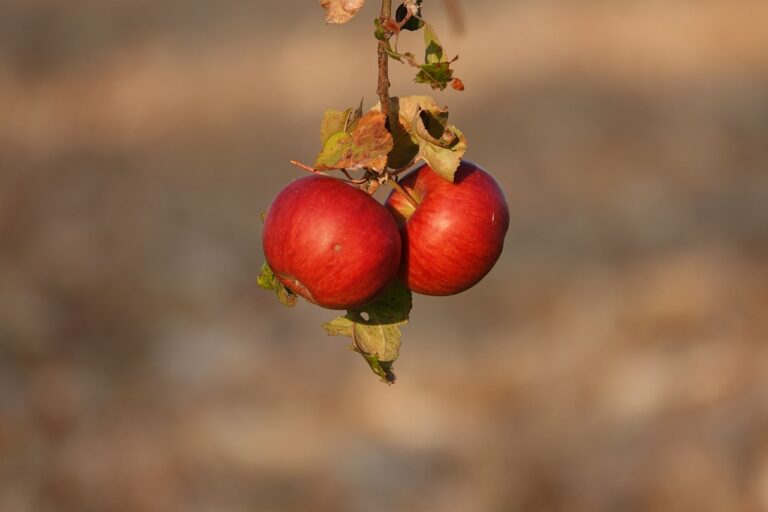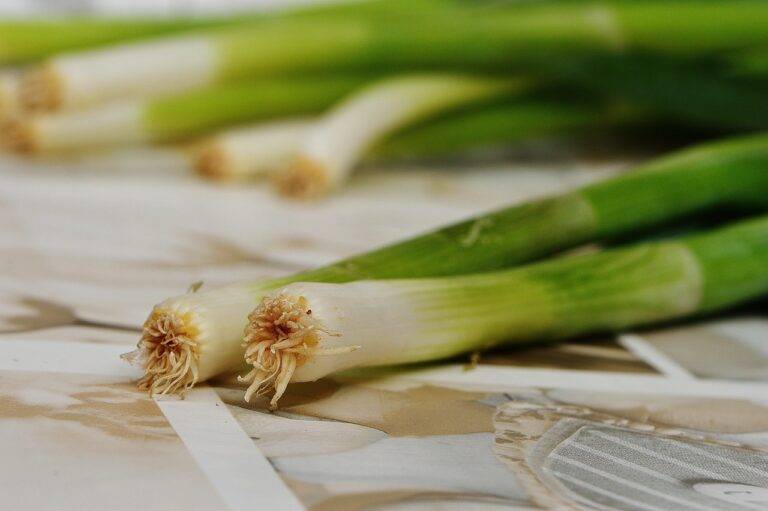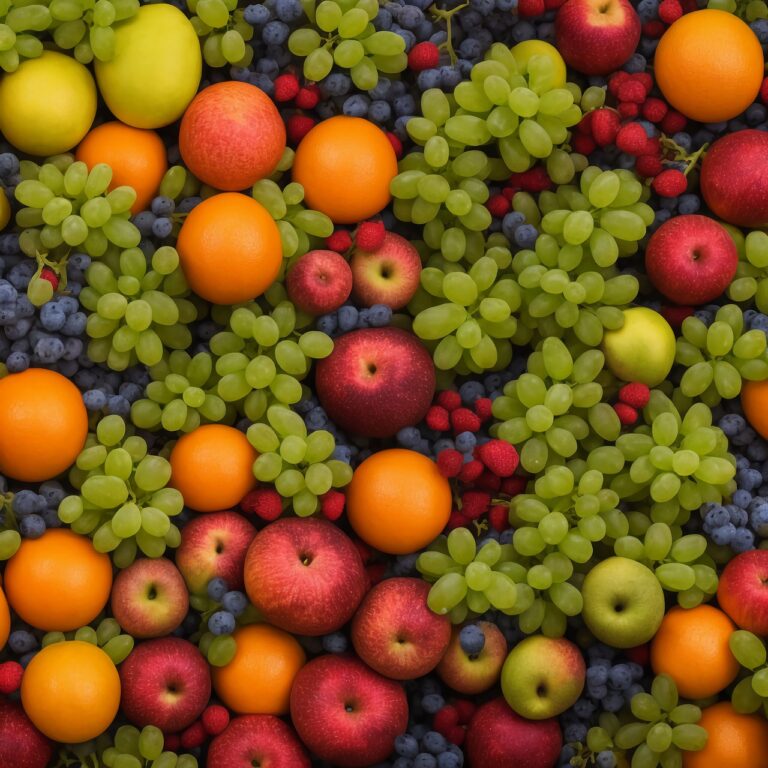Organic Farming and its Impact on the Food Industry
Organic farming promotes biodiversity by avoiding the use of synthetic pesticides and fertilizers that can harm beneficial organisms in the ecosystem. Through practices such as crop rotation and intercropping, organic farmers enhance soil fertility and reduce the reliance on chemical inputs, leading to healthier and more resilient farming systems.
Furthermore, organic farming helps to protect the environment by minimizing pollution of water sources and reducing greenhouse gas emissions. By prioritizing natural methods of pest and weed control, organic farmers contribute to the conservation of biodiversity and the overall sustainability of agricultural practices.
Challenges Faced by Organic Farmers
One of the main challenges organic farmers encounter is the higher costs associated with organic farming practices. Organic certification processes, specialized organic fertilizers, and pest control measures can significantly increase production expenses. This can pose a financial burden for farmers, especially those who are just starting or have limited resources.
Another challenge organic farmers face is the potential risk of crop failure or reduced yields due to limited access to certain synthetic pesticides or genetically modified organisms (GMOs). Organic farmers rely on alternative methods to manage pests and diseases, and sometimes these methods may not be as effective or readily available, leading to lower production levels. Finding sustainable solutions to maintain crop health and productivity without compromising the organic integrity of the farm can be a demanding task for organic farmers.
• Higher costs associated with organic farming practices
• Organic certification processes, specialized fertilizers, and pest control measures increase production expenses
• Financial burden for farmers, especially those who are just starting or have limited resources
• Potential risk of crop failure or reduced yields
• Limited access to synthetic pesticides or GMOs
• Alternative methods may not be as effective or readily available
Organic farmers face the challenge of competing in a market dominated by conventional agriculture. The demand for organic products is steadily increasing, but organic farmers often struggle to scale up their operations to meet this growing demand. Conventional farms benefit from economies of scale and government subsidies that make it difficult for organic farmers to compete on price. Additionally, marketing and distribution channels for organic products can be limited compared to conventional options.
• Competing in a market dominated by conventional agriculture
• Difficulty scaling up operations to meet growing demand
• Conventional farms benefit from economies of scale and government subsidies
Overall, the challenges faced by organic farmers require innovative solutions and strong support systems. Collaboration between researchers, policymakers, consumers, and industry stakeholders is essential to address these challenges effectively. By working together to overcome financial barriers, technical limitations, and market constraints, we can create a more sustainable food system that supports the growth of organic farming while meeting the needs of consumers for healthy and environmentally friendly products.
• Collaboration between researchers, policymakers, consumers,and industry stakeholders
is essential
to address challenges effectively.
Working together can create a more sustainable food system.
Supporting the growth of organic farming benefits both producers
and consumers alike
Importance of Soil Health in Organic Farming
Maintaining optimal soil health is a fundamental component of successful organic farming practices. Organic farmers prioritize the vitality of the soil as it serves as the foundation for producing nutrient-dense crops. By focusing on soil health, organic farmers aim to enhance the overall ecosystem of their farming operations, promoting sustainable and regenerative agricultural practices.
Healthy soil provides essential nutrients to the crops, ensuring their growth and resilience to pests and diseases. Organic farmers adopt practices such as crop rotation, cover cropping, and composting to improve soil structure and fertility. These methods not only nourish the soil but also contribute to biodiversity and long-term productivity, creating a harmonious relationship between the land and the crops grown on it.
What are the benefits of organic farming?
Organic farming promotes environmental sustainability, preserves soil health, provides healthier food options, and reduces the use of synthetic chemicals.
What are some challenges faced by organic farmers?
Organic farmers may face challenges such as managing pests and diseases without chemical pesticides, navigating complex regulations, and maintaining profitability.
Why is soil health important in organic farming?
Soil health is crucial in organic farming as it supports the growth of healthy crops, promotes biodiversity, and helps sequester carbon, contributing to overall ecosystem health.
How can organic farmers improve soil health?
Organic farmers can improve soil health by practicing crop rotation, cover cropping, composting, and avoiding the use of synthetic chemicals that can harm beneficial soil organisms.







